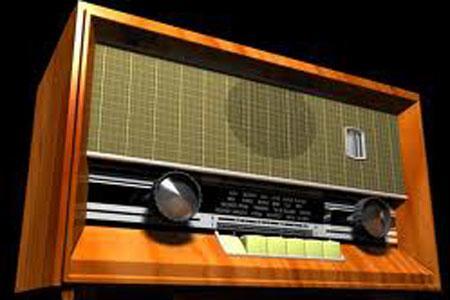
Elections are a key component of any functioning democracy in any society. They provide the most credible and respected platform or mechanism upon which societies and nations are able to exercise their right to choose leadership of their choice.
REPORT BY KUDZAI KWANGWARI
It is a platform where citizens express themselves and expect their choice to be respected. This is especially so if the elections are held in a way that makes key stakeholders feel they were free and fair. We are aware of the fact that there are some schools of thought who have argued and questioned whether democracy is the best system of governance i.e Is it the best way that ensures better quality of life to the governed.
While I respect this opinion, I believe that though democracy may not be good, everything else is worse, hence the need for countries, communities, organisations or even families to embrace democratic principles in their governance or better still, in their leadership.
One of the most critical components of democracy is participation. The active participation of communities is critical at all levels, be it in the establishment of electoral frameworks, preparation, voter registration and power transfer systems.
The just-ended mobile voter registration process is a case in point. This piece argues that the lack of vibrant community media such as community radios hamper the full active participation of our citizens in the democratic process, thereby negating the whole democratisation process. In order for citizens to participate actively, they must have adequate useful information so that they are able to make important decisions.
The fact that the voter registration process was very unsuccessful considering the numbers of people who registered to vote and the number of potential new voters in our communities has more to do with the extent to which these communities were able to access information than anything else.
This is very disturbing given the fact that our government continues to frustrate efforts to promote the growth of the community broadcasting sector.
- Chamisa under fire over US$120K donation
- Mavhunga puts DeMbare into Chibuku quarterfinals
- Pension funds bet on Cabora Bassa oilfields
- Councils defy govt fire tender directive
Keep Reading
Organisations such as the Zimbabwe Association of Community Radio Stations (Zacras) and Media Institute of Southern Africa (Misa) that work daily to promote the growth of this sector must be applauded and the government of Zimbabwe must embrace them as development partners, as opposed to enemies as they work with many community radio initiatives dotted around Zimbabwe.
In the face of limited access to airwaves, these organisations have been working with these community radios to provide alternative media platforms to promote access to information in rural and other outlying communities.
If the pending harmonised elections are held without this important media sector, then we are likely to have a meaningless election where the majority of citizens will again not vote or will vote for what they don’t know, as was the case in the constitution referendum.
The government must ensure that community media is available, supported and allowed to operate freely. It is dangerous to go for elections without this important sector. In a community where a newspaper costs US$1, and more than 70% of the population live on less than US$1, it is inhuman for a government to expect citizens to participate actively in local and national development processes without reliable sources of critical information.
While the Sadc Rules and Guidelines on the Holding of Democratic Elections are clear on issues of equal access to media for the candidates, we think the same must be said of the electorate. No one should be marginalised and play the role of a victim when it comes to information and free expression. l Kudzai Kwangwari is a human rights and community media activist.











